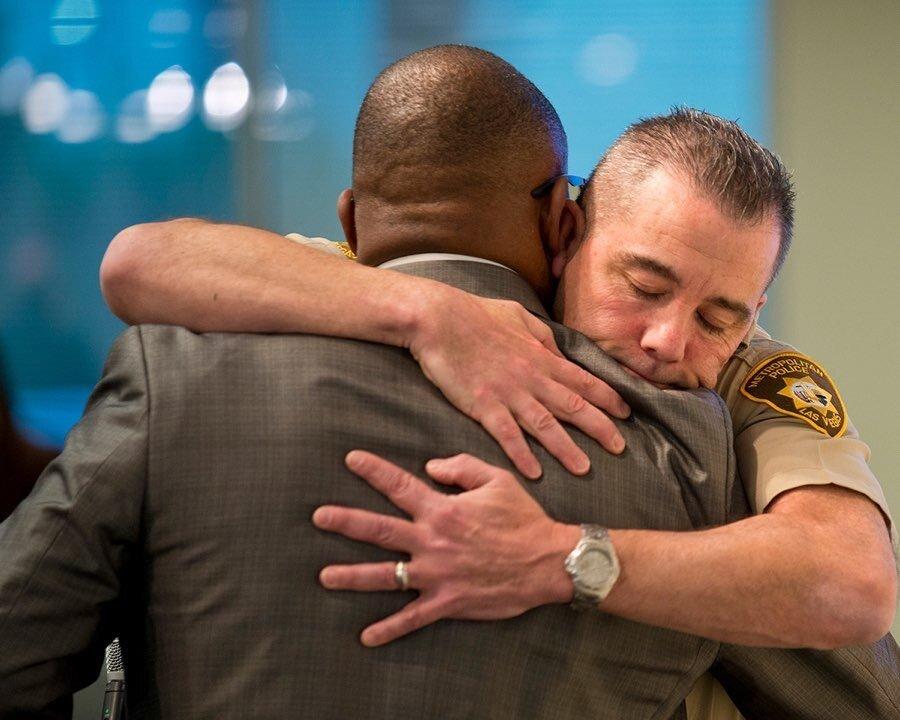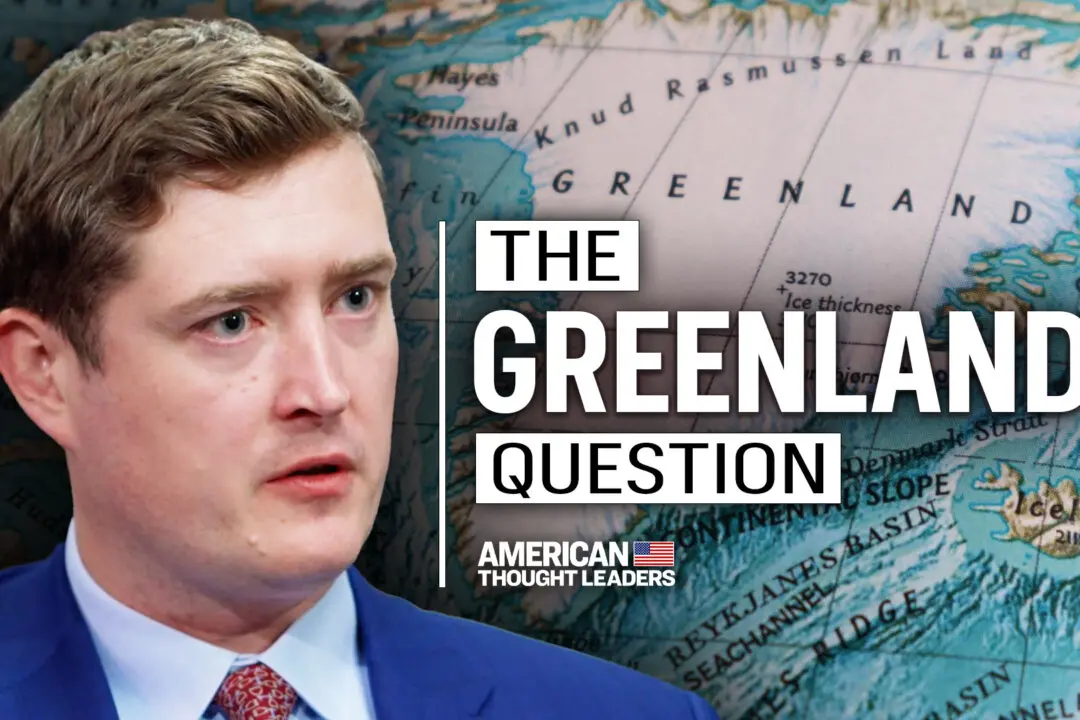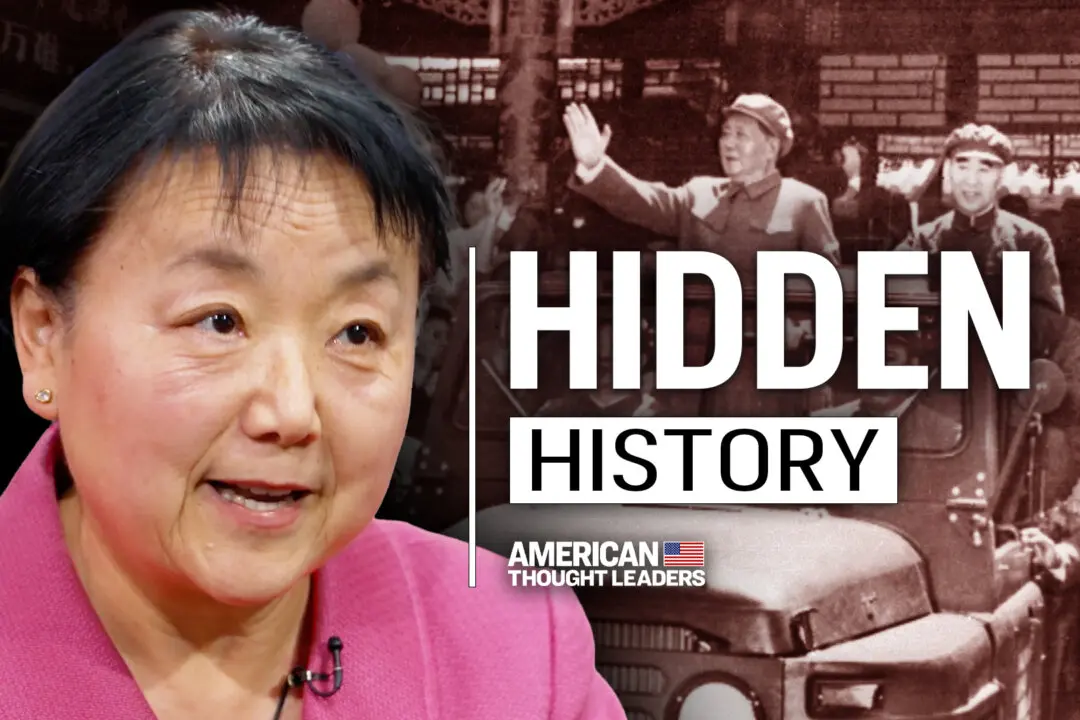“I grew up hating police,” said Jon Ponder, founder of the Las Vegas nonprofit HOPE for Prisoners.
A three-time convicted felon, Ponder grew up on the streets of New York without a father and became involved with a gang at a young age, descending into crime and substance abuse. His first arrest was at age 12.






